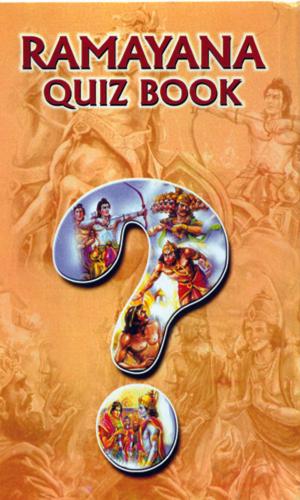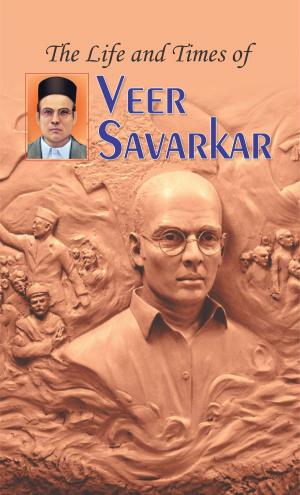| Author: | Dr LM Singhvi | ISBN: | 9789350488195 |
| Publisher: | Prabhat Prakashan | Publication: | December 15, 2009 |
| Imprint: | Language: | English |
| Author: | Dr LM Singhvi |
| ISBN: | 9789350488195 |
| Publisher: | Prabhat Prakashan |
| Publication: | December 15, 2009 |
| Imprint: | |
| Language: | English |
Judicial institutions evolved in India in the context of India’s social, economic and political conditions and because of the reception of legal concepts and institutions known to English and Scottish judges, lawyers and administrators. Modern Indian judiciary bears the hallmarks of its genesis and evolution during the British rule but it has progressively gone for beyond the colonial confines after the republican Constitution came into force.The theme of fundamental Rights and the role of the Supreme Court and the High Courts as vigilant custodians of fundamental rights are at the heart of India’s constitutional democracy. We owe a deep debt of gratitude to our apex judicature, the higher judiciary and the country’s bar in the evolution of the common law of the Constitution. It constitutes by common consent a remarkable chapter in our national life.
Judicial institutions evolved in India in the context of India’s social, economic and political conditions and because of the reception of legal concepts and institutions known to English and Scottish judges, lawyers and administrators. Modern Indian judiciary bears the hallmarks of its genesis and evolution during the British rule but it has progressively gone for beyond the colonial confines after the republican Constitution came into force.The theme of fundamental Rights and the role of the Supreme Court and the High Courts as vigilant custodians of fundamental rights are at the heart of India’s constitutional democracy. We owe a deep debt of gratitude to our apex judicature, the higher judiciary and the country’s bar in the evolution of the common law of the Constitution. It constitutes by common consent a remarkable chapter in our national life.















